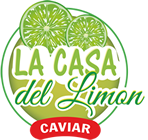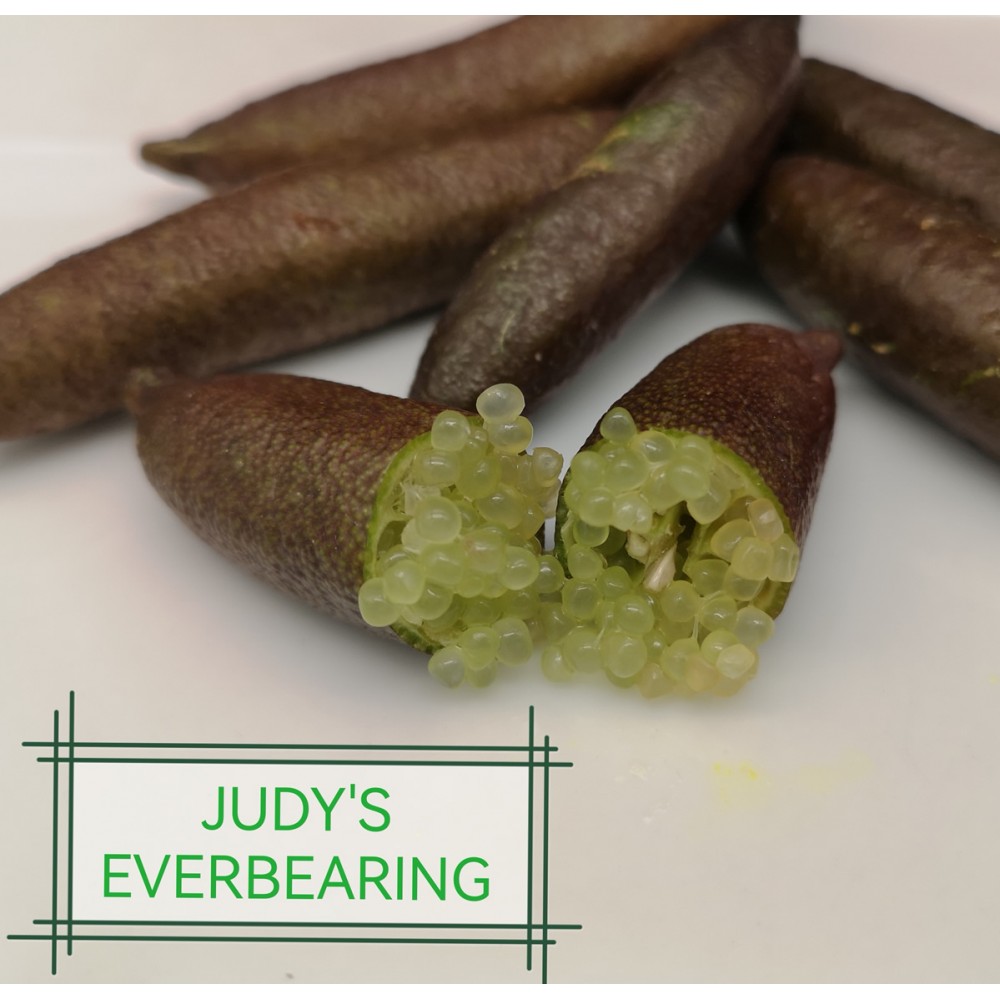Judy's Everbearing Seed Fingerlime
bag of 12 seed of Judy's Everbearing, this lemon caviar is exceptional among fingerlime type caviar lemon fruits.
The caviar pearl is small, green, not very acidic, very fruity.
 Quality Product Warranty
Quality Product Warranty
Our field is in natural arboriculture, without pesticides or chemical fertilizers

Secure Fast Delivery
 Customer Service : +34 605.27.14.80
Customer Service : +34 605.27.14.80
We answer almost all the time, and we are often in the field :)
Judy's Everbearing this lemon caviar is exceptional among the fingerlime fruits.
Pearl caviar is medium, green, sweet, not very acidic, fruity.
The Lemon Caviar Judy's Everbearing Tree plant is vigorous and develops an open canopy, very productive.
To grow the Lemon Caviar Judy's Everbearing Tree, it will need good humidity, otherwise the fruits will remain small.
How to Sow Judy's Everbearing Caviar Lemon Seeds:
- Soak the pip seeds in water for 12 to 24 hours.
- Sow Judy's Everbearing seeds by pressing them lightly into the substrate (approximately 5 mm)
- Sow the seeds in a well-drained germination substrate, if possible 1 seed per plot, in a mini-greenhouse to maintain a minimum temperature of 25°C.
- Keep moist, cool but not soggy.
- The emergence of the plant generally occurs between 20 and 40 days (3 and 5 weeks with a success rate of around 70/80%).
- Be careful, excess heat or humidity can cause seeds to rot.
- When your plants have reached a height of 10/15cm, you can place them in individual pots with a substrate specific to citrus fruits, or composed of 1/3 garden soil, 1/3 horticultural soil, 1/3 sand rude.
General information on the cultivation of Lemon Caviar, in Europe:
- In open ground, better under minimum temperature of 5°C. Some go as low as -5°.
- Or in a greenhouse for the winter period.
- The Caviar lemon tree Fears strong and very dry winds.
- Example of substrate to use: 1/3 garden soil, 1/3 horticultural soil, 1/3 coarse sand.
- It thrives in rather acidic soil (pH 5.5 to 7)
- Keep the soil moist, cool but not soggy, all year round (a little less in winter).
- Exposure: Full sun.
- Flowering: March - June (depending on the varieties)
- Harvest: End of August to November (depending on varieties)
We have a plantation of 400 caviar lemon trees, with 18 varieties. these trees produce fruit, from which we extract the seeds. We therefore know the quality of these unique seeds, which will surely give the expected variety and fruits.
Data sheet
- Origin
- Spain
- Packaging
- Paper Bag
- Quantity
- Bag of 12 seeds
- Plant type
- Agrumes, Citricos, Citrus
- Family Class
- Rutaceae
- Common name
- Citron caviar (fr), Citron perles (fr), Caviar Citrico (es), Caviar de Limón (es), Limón Perlas (es), Limon Caviar (en), Finger Lime (en)
- Variety
- Microcitrus australasica var. Judy’s Everbearing





